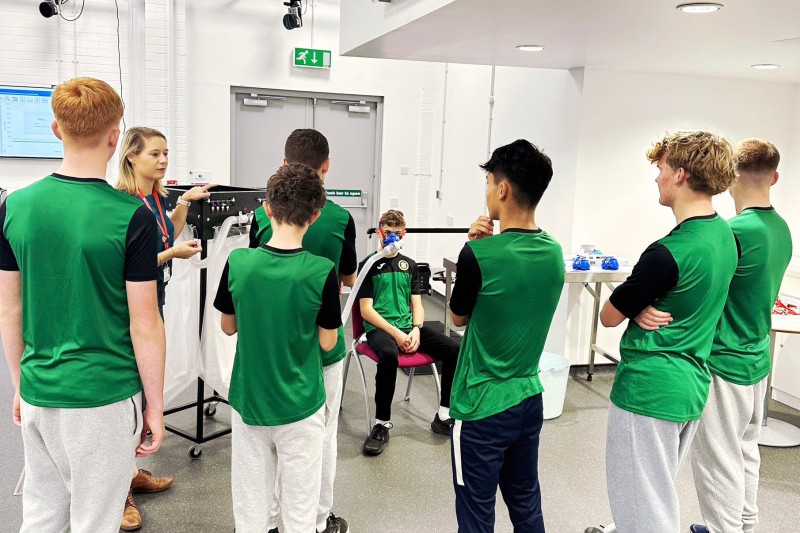Bournemouth University lecturer Nick Bamford has given his take on the BBC’s decision to fire Jeremy Clarkson following his fracas with the show’s producer, Oisin Tymon.
The Senior Lecturer in TV Production worked as a Producer on the show alongside Clarkson some twenty years ago, and said that he “wasn’t particularly surprised” at the situation.
“[Clarkson] has been a huge talent and a huge contributor to the Top Gear brand and obviously to BBC Entertainment generally, but at the same time you can’t go around hitting people,” said Bamford.
While a lot has changed in the BBC and with the show following a 2002 revamp, Nick thought that Clarkson had to go: “If I had hit someone on the team while I was working there I would expect to be sacked and I’m afraid the same has to be true of Jeremy.
“I think had he not [gone] they would have put themselves in a position of he’s above the general standard expected of the rest of the staff,” Nick added.
While Clarkson’s controversial track record is well-reported, Nick described how “Jeremy was always a professional,” “easy to work with” and how you could “absolutely rely on him to deliver what he had to,” even twenty years ago.
“I think the thing with Jeremy is that … he created this sort of on-screen persona which became bigger than he was in a sense.
“You often see him when he’s been on other shows … when he’s not on Top Gear he’s a different person than who he is on Top Gear.
Responding to a question on the culture of stardom in the media, Bamford offered further insights.
“I think it’s certainly true that television can create monsters and can create people who believe in their own publicity and lose perspective – if you like – on the way that they are meant to behave”.
“There are other examples of people who have been in the public eye and of other people that I have worked with as well.
“What can often happen in a situation like this is that the presenter becomes bigger than the programme, becomes better known and more valuable to the programme than the producer”.
Bamford believed that Top Gear would continue in some form as it is “too valuable a brand for them” to just drop.
“Interestingly, the Top Gear that I worked on around twenty years ago kind of died at the end of the nineties and was taken over kind of lock, stock and smoking barrel to Channel Five and became Fifth Gear”.
“The production style, some of the presenters and that is what used to be the BBC Top Gear. Who knows? Something similar might happen again?” he said.
When asked what might come next for Clarkson, Nick jested: “Well, I don’t think he’s going to starve”.
The interview took place on BBC Radio Solent recently.



